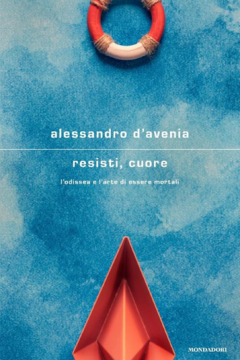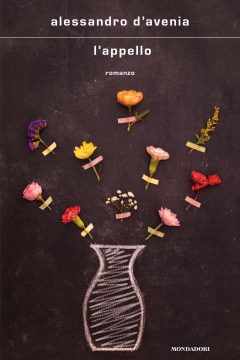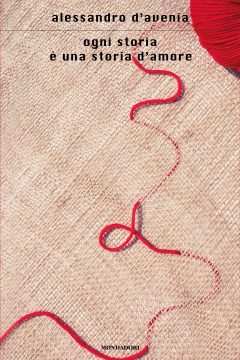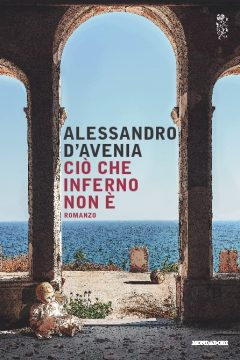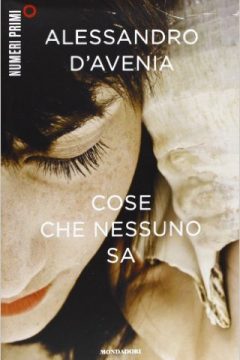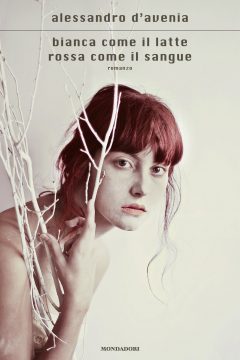L'arte di essere fragili (The Art of Being Fragile)
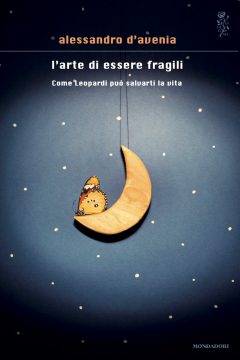 Alessandro D'Avenia
Alessandro D'Avenia700,000 copies sold since publication
Number 1 bestseller in Italy across genres for more than 5 months
In the vein of Alain De Botton’s How Proust Can Change Your Life, bestselling author Alessandro D’Avenia enters into a conversation with readers through the words of Italian poet, Giacomo Leopardi. It’s a surprising voyage which unfolds in three stages: the anxieties of adolescence, the challenges that come with maturity, and the attainment of self-belief, by means of a continual reassessment of our own passions.
In Leopardi’s poetry, music and art, Alessandro D’Avenia finds inspiration and incitement, nostalgia and vital energy, the bliss of nature and the turmoil of passion. And he uses them as a starting point to answer the many, burning questions that he has been asked over the years – in the classroom, and at the wildly popular events promoting his novels – by young people, all in search of themselves and a deeper meaning to life. D’Avenia sets them a challenge: Leopardi found his raison d’être in poetry, which allowed him to set life to verse even though it had not been kind to him. What is the passion that makes these young people feel alive?
Every stage of life is explored through a couple of poems, which are read with great sensitivity, wisdom and the expressive talent of the author and teacher – among them L’infinito (The Infinite), A Silvia (To Silvia) and La Ginestra (The Scotch Broom). It is a highly poetic existential journey and a heart-felt re-reading of Leopardi, whose poetry is not so much about pessimism and introversion but rather of nostalgia, and the endless struggle against oneself, for the lack of happiness in our times is often only a lack of destination.
‘The most famous high school teacher in Italy writes a letter to his master, reflecting upon life’s big questions’
– La Repubblica
‘D’Avenia leads the reader, the viewer and the student through the difficult land that is passion, often an uncomfortable weight in times that require us to be trained, perfect, beautiful’
– Il Corriere
‘A public dialogue that allows the reader to recognize himself in timeless questions’
– Avvenire

